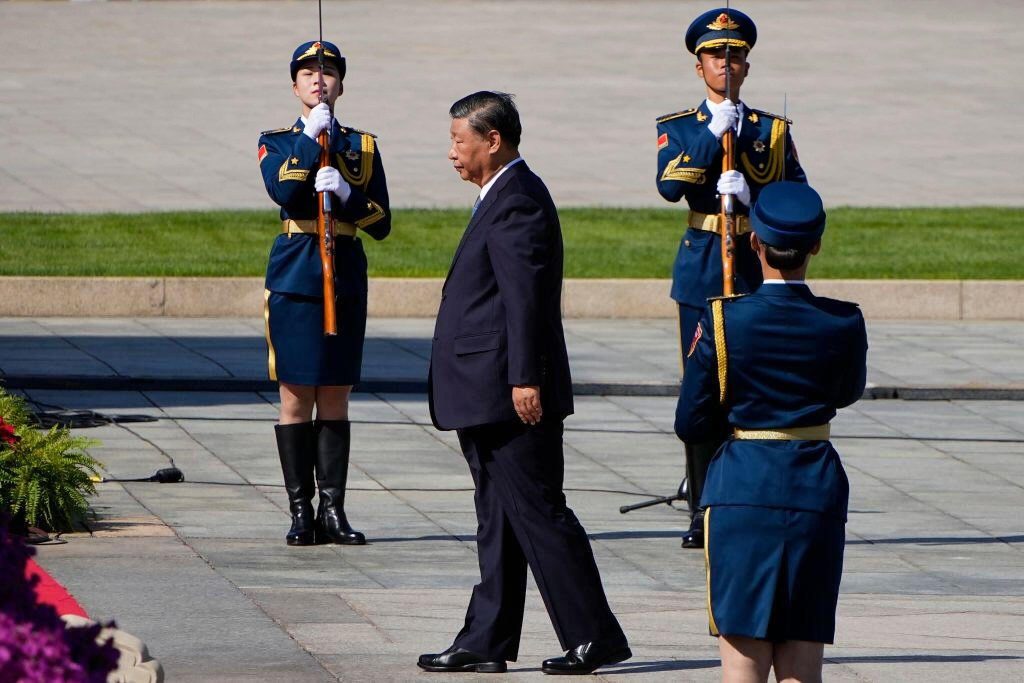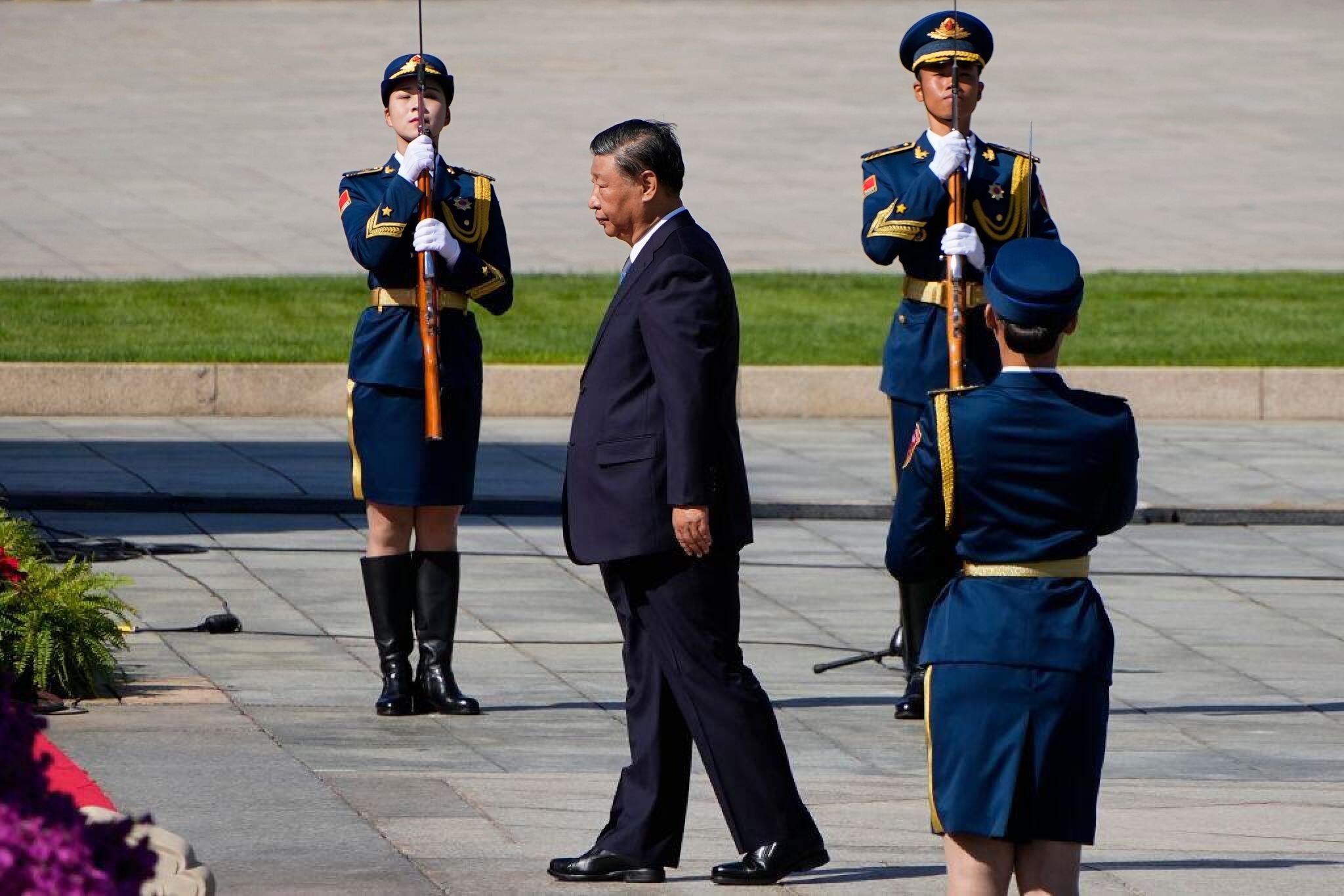
China’s bilateral diplomacy is now much more likely to reshape power dynamics in the Asia-Pacific region and challenge Western paradigms.
MARCH 12, 2024

If there was at least one lesson Western geopoliticking should have learned in recent history, it is that China’s version of international relations has not changed in over fifty years. Since 1971, and China’s readmission to the United Nations unseating Taiwan, China has been successfully gathering and steadily garnering global support. It was in 1974 that Beijing’s version of consultative bilateralism really hit the world stage, when it began exercising its ideologies of international relations building using Beijing’s Five Principles of Peaceful Co-Existence. The most successful centred around mutually exclusive non-interference in each respective states’ internal affairs.
At a time when decolonisation was still a dirty word, and there was hardly any independent nation voices across the region, it was China who was amongst the first of the international community to get the global equality ball rolling. In 1975 China formally recognised the tiny island nation of East Timor, and a year later in 1976, it was Papua New Guinea’s turn. Both nations then returned the geopolitical favour, being among the first independent nations to embrace Beijing’s ‘One China Policy’. In the following decades including the halcyon 1980s, and post-Cold War 1990s, China repeated this bilateral momentum, slowly gaining supporters along the way.
China’s insistence on non-interference may seem anathematic to casual post-Cold War observers, but it is not some sort of misguided relic of the bipolarising past. In China’s version of bilateralism, and although the Asia-Pacific region is no longer in the throes of decolonisation, there is a shift away from what has been a centuries-old Westphalian style of great and small power arrangements. It has taken the better part of the last decade or so for ‘traditional’ regional power players, including the United States and Australia, to catch up. China and the Asia-Pacific are already here. That is just one of the reasons why Western powers are now scrambling to critically reassess their security commitments, and new risk buzzwords such as ‘recalibration’ and ‘repivoting’ are appearing, justifying what arguably was previously geostrategic indifference to the region outside of Cold War debate.
Although strengthening selective alliances such as AUKUS is one premise aimed at restricting the stampede of China’s growing regional assertiveness, it might also be another way of preserving the comfortably familiar. China’s non-interference diplomacy offers an alternative to the so-called foundational principles of the liberal international order. International relationship building that excludes additional baggage of pesky Western-stylised demands, including democracy. Both run counter to long-established Greco-Roman inheritances, and it might just be another uncomfortable truth the West has to reconcile within itself. Whatever role was envisioned within the Asia-Pacific status quo last century, it is now a shared stage with China.
But is it too little too late for the West? Although not completely superseded, it is worth noting that Western styles of international relationship building are increasingly facing their own domestically influenced challenges. China’s ‘socialism with Chinese characteristics’ has more or less remained the same. In an empowered Asia-Pacific, now with a plethora of individually competing nation states, Western great and middle power assumptions have been put on notice.
China’s version of making new friends, winning over old enemies, or regaining historical allies, is increasingly being seen as more palatable to many. Whether in Timor-Leste, Fiji, Tonga or other new-old Chinese bilateral agreements, China’s bilateralism over the past decades has offered smaller Asia-Pacific nations something they never thought they would have – equal diplomatic street cred. Ideological approaches that are now impacting on the way the Asia-Pacific is now dealing with the West. If there is one surety however, it is that China has proven that from little things, big things really do grow.
A curated seletion of FA’s must-read stories.
Written By: SHAGNIK BARMAN
Written By: BERK TUTTUP
Written By: ABBY L’BERT
Written By: BILLY AGWANDA
Written By: HIRA SARWAR
Written By: BATUHAN GUNES
Written By: LEON REED
Written By: DARSHAN GAJJAR

Kate Reid-Smith is a China specialist, polymath graduand, and a military and intelligence historian. Her particular area of interest is uncovering, researching and writing about covert operations in World War Two Southeast Asia. Her new book on Operation Cleeves, a British Special Operations Executive (SOE) mission in 1941 Southern Thailand, is being published end of 2024.
Written By: GABRIEL RAMIREZ
Written By: DILARA SAHIN
Written By: DILRUBA YILMAZ
Written By: NILAY CELIK
Written By: ELDANIZ GUSSEINOV
Written By: JOSEF SCHOEFL
Written By: SELCAN BEDIRHANOGLU
Written By: FATIH CEYLAN
FA’s flagship evening newsletter guilding you through the most important world streis ofthe day. Delivered weekdays.
